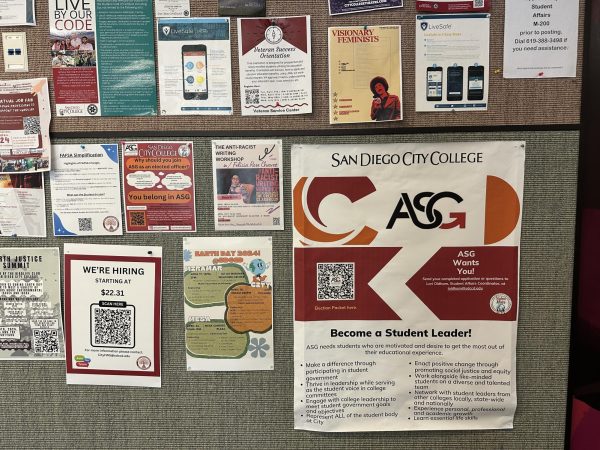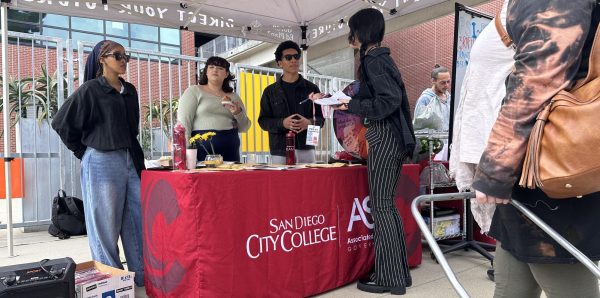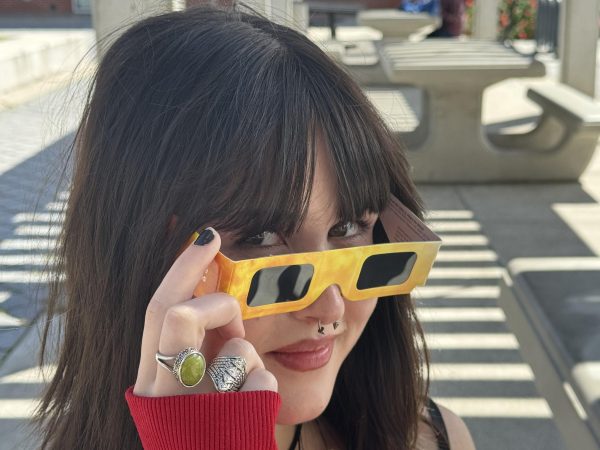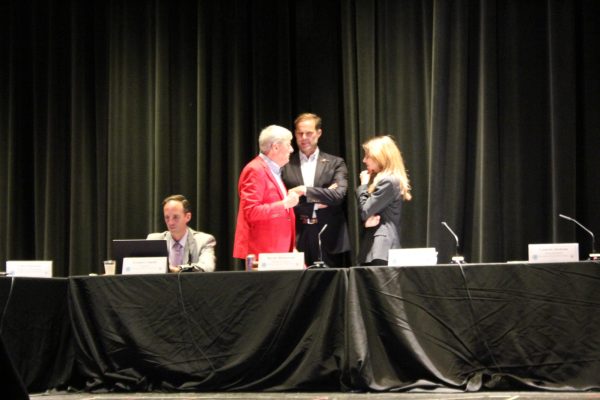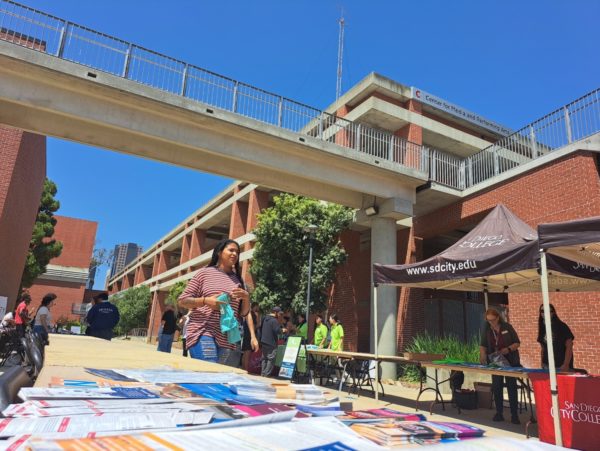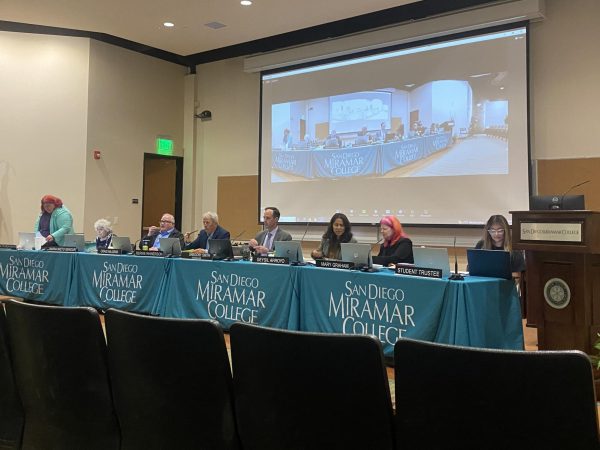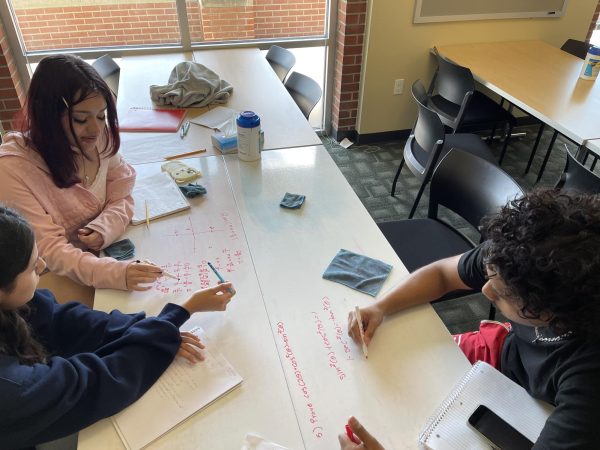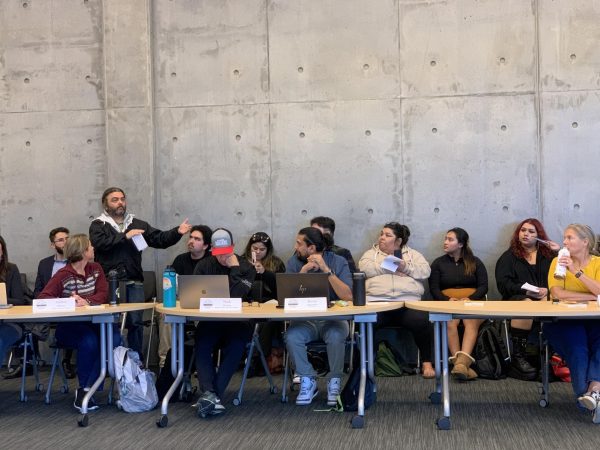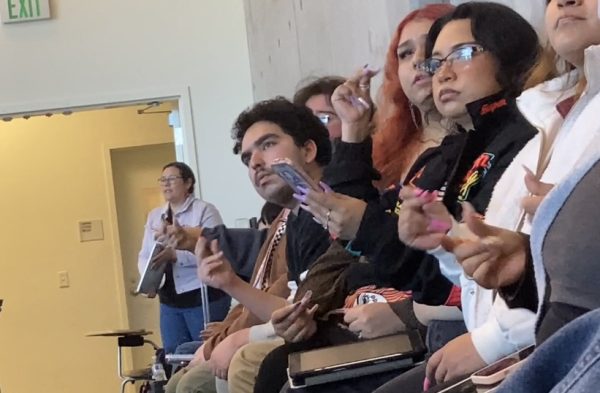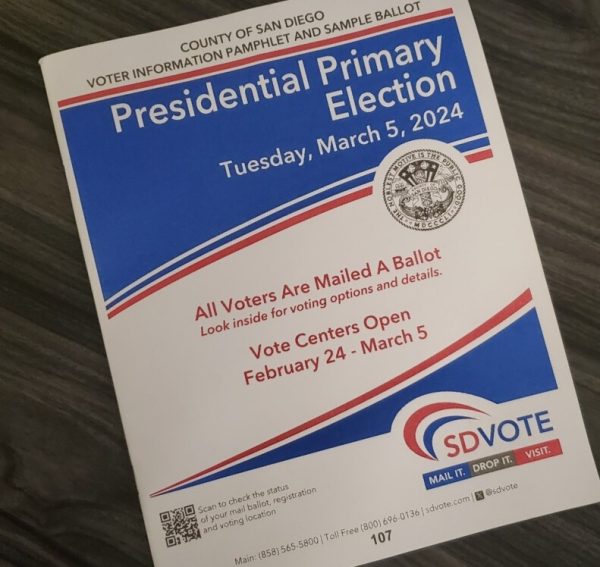‘Trauma of racism’ described
October 4, 2016
Days after a national leader of the Black Lives Matter movement spoke in San Diego about “the trauma of racism,” an unarmed African refugee was shot to death by police in El Cajon.
DeRay McKesson spoke at San Diego State University on Sept. 24 about the series of shootings across the country and what racism feels like. Just in the previous week, white officers had fatally shot African-American men in Tulsa and Charlotte.
“Trauma is when people’s power is taken away and that is exactly what racism is, and the reason why people are so afraid of protests is because we are telling the truth about racism in public,” McKesson said.
On Sept. 27, a white El Cajon police officer shot Alfred Olango, whose family had reported him acting erratically. The shooting sparked days and nights of protests in the city.
McKesson was one of the speakers at Politifest, an event that brought together people who believe in social change for the country. It was presented by the Voice of San Diego, a news website, and the SDSU School of Journalism and Media Studies.
The event also featured workshops for the November electoral ballot, and other national speakers, such as political author Reihan Salam.
“We need more events like this to bring a sense unity and information so that San Diego residents can be aware of what is going in the Country,” said Rebecca Taylor, an SDSU Political Science student.
Author and Editor-in-Chief of The Voice of San Diego, Scott Lewis, interviewed McKesson about the recent shootings by officers of unarmed African-American men and women, the protests of Ferguson and Charlotte, and the Black Lives Matter movement.
According to an CNN interview, McKesson stresses that the movement itself was created in 2014 by the people of St. Louis and that he considers himself more of an organizer and a protester in the movement, rather than a leader.
“The moment I got teared-eyes (from tear gas) by the police was the first time I considered myself a protester. I’ll do whatever I can so that people don’t have to experience this trauma and that is what people usually don’t remember, that trauma is real and still very present. This organization is for people to reclaim or restore power to its people.”
He explained that his most powerless moment came when he was under arrest for 17 hours in Baton Rouge after police ordered the group he was in not to walk on the street even though he was not doing so.
“In that moment, I was powerless because I had no control of my body or space. And trauma does that to people — those small moments amplified every single day is what racism feels like,” he said.
Lewis asked McKesson about the fear that police officers feel when having to approach a black person who may be carrying a weapon.
McKesson replied: “Black communities are afraid too; and people don’t get to shoot officers just because they are afraid.”
McKesson said that police departments might not be equipped for mental health issues and that is why a 21-year-old-man got shot by a police officer.
“He had a car accident. He survived. He gets a seizure and police shot him because he was acting ‘erratic.’ Of course, he was. He just had seizure.”
According to McKesson, one out of three people killed by the police have mental issues.
He concluded with the observation that the most important solution to street violence is education and that the solution for social justice is to fund more education. A sixth-grade math teacher, McKesson said the country needs more good educators for poor public schools.
Politifest was a full day event that was held from 9 a.m. to 7 p.m. at the Conrad Prebys Aztec Student Union at SDSU. Students and residents of the San Diego region attended .
Taylor, the SDSU student, said the event had been worthwhile.
“This day left us all with a lot of inspiration for social change. McKesson has the right mind for solutions and coming to San Diego has made us all aware that we have to be a community to be able to change.”


